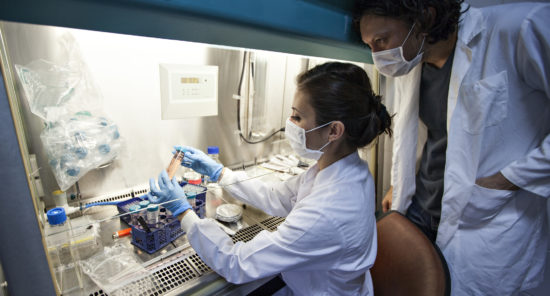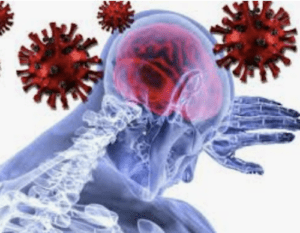According to a report in Microbiome, growing evidence suggests that “bidirectional signaling between the digestive tract and the brain contributes to irritable bowel syndrome (IBS).” Following this association, co-primary investigators, Jonathan P. Jacobs, Arpana Gupta, and Jeffery M. Lackner, showed that cognitive behavioral therapy (CBT) appeared to reduce IBS symptom burden. As such, the researchers examined whether baseline gut microbiome and brain parameters could predict response to CBT, “and whether response is associated with change in the brain-gut-microbiome (BGM) axis.”
This study included 84 patients from the Irritable Bowel Syndrome Outcome Study (IBSOS) who had IBS and who were receiving CBT. Fecal samples were collected at baseline and post-treatment and examined for microbiome characteristics. Brain characteristics were assessed via linear and binomial models to ascertain any associations with CBT response.
According to the results, patients who responded to CBT had increased fecal serotonin levels at baseline, and increased Clostridiales and decreased Bacteroides compared to non-responders. A profile of 11 microbial genera was constructed, which the authors stated predicted CBT with high accuracy. After treatment, CBT responders had reduced functional connectivity in various brain regions and changes in the basal ganglia white matter. According to the authors, neurological changes were correlated with microbiome shifts, “including Bacteroides expansion in responders.”
In closing, the study’s authors summarized that “this study demonstrates for the first time that a brief non-drug, non-dietary intervention that teaches information processing skills can modulate key components of the brain-gut-microbiome axis in IBS patients.”
Source: https://microbiomejournal.biomedcentral.com/articles/10.1186/s40168-021-01188-6








